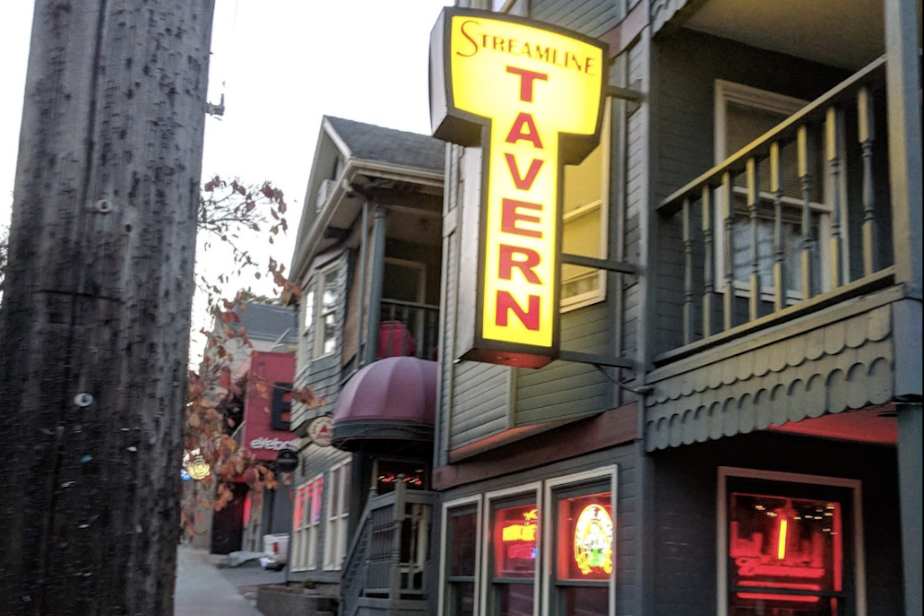Seattle bar owner after a month of shutdown: Scramble for aid was chaotic

As the coronavirus shutdown began in Seattle, we talked to Mike Lewis, owner of the Streamline tavern in Lower Queen Anne. It's been one month. How are he and his staff doing now?
Mike Lewis: We've gotten a lot of extra cleaning done, which I guess is good. Last week and a half, I went through the process of applying for the PPP loan, which is the payroll protection loan. Primarily it's so you could put people back on payroll, or keep them on payroll and that makes the loan forgivable essentially rendering it a grant. And it was a little bit of a chaotic environment to try to get in. Some banks cut off accepting the loans early. Our bank couldn't get its website up and going, which is KeyBank, then finally we got in and then found out a week later we got approved. But we don't know when the money is supposed to arrive, when we're supposed to get our final forms, and so that's been a little bit stressful. This program was rolled out so quickly and not super efficiently because essentially the banks have the distribution system for the money but they all have slightly different standards and capacities.
We've been hearing about big businesses cashing in on this. How does that make you feel as a small business owner?
Lewis: My take is a little mixed on that. If you read it at the surface level, you know Shake Shack gave back some money. But these other franchises, I think Potbelly sandwiches, others, received millions of dollars, and at first blush, you feel like you pretty angry about that. I'm a little guy and this is supposed to help us. But then you think about what makes this loan forgivable, and that is passing that money through the payroll. And certainly people at Potbelly sandwiches and certainly people at Shake Shack, at the counter level, at the payroll level, actually still need that money as much as my folks do.
When we talked before, you told us how you were hoping to continue to pay your staff, as long as you could give them as many hours as possible.
Lewis: Well, the promise was to give them the work we could, but subsequently all of the staff has filed for unemployment. So they're all receiving it at this point. And we are going to help out as we can on top of that, but that certainly isn't as much as everyone was making prior. I mean, this is the issue when you have jobs that part of your payroll is your tips. That isn't always as reflected in the unemployment insurance.
Sponsored
How are they hanging in there?
Lewis: You know, at varying levels. Everyone's handling it very differently, as you might imagine. I mean, some folks really feel very isolated. It's not been easy, and I think everyone is a little bit stressed out. It's probably once every two days we’re all checking on [each other]. And the nice thing is, it’s not just me checking on them, they check on each other. When you go through these things, sometimes the way people respond, you learn a whole bunch about even people you've known for years. And when you're looking for your silver linings in a situation like this, that's definitely one of them.




